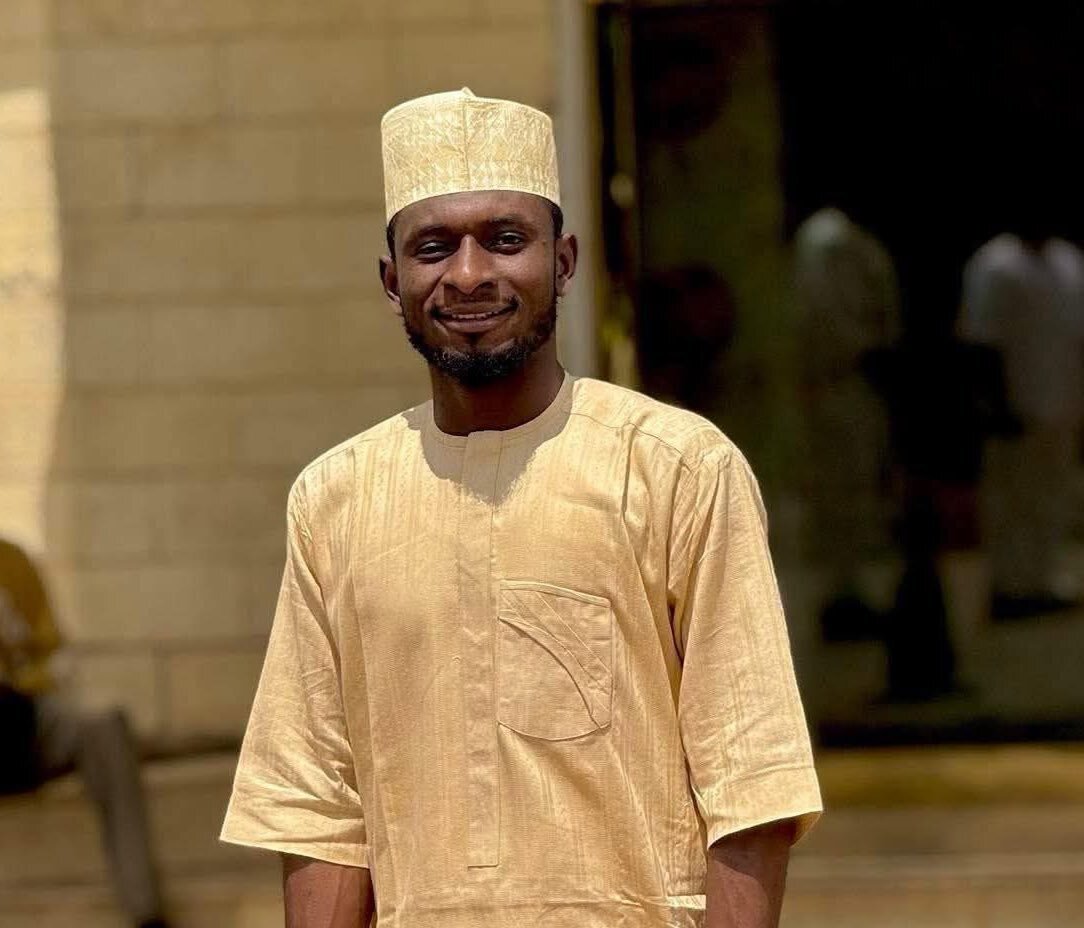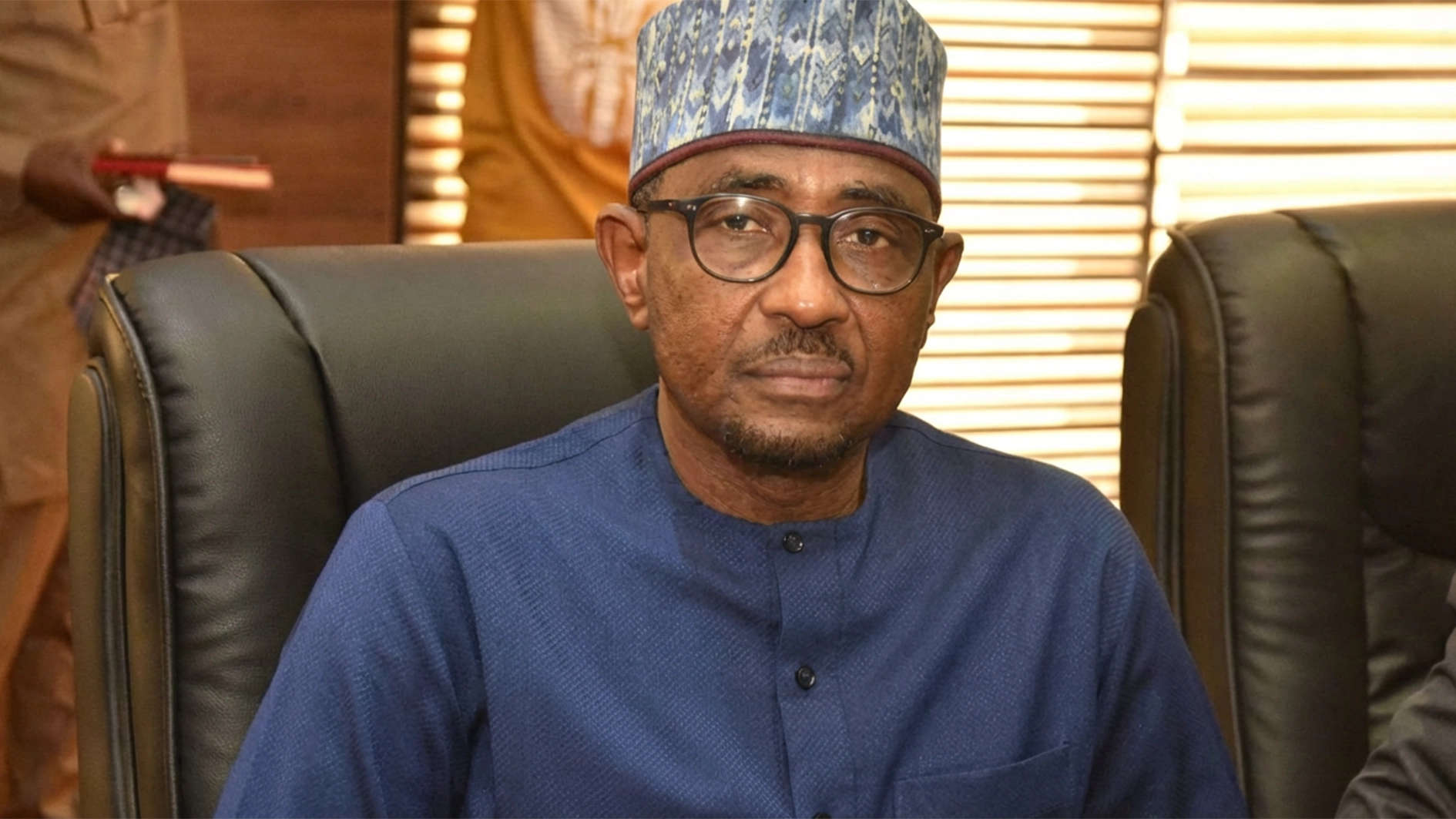World Trade Organisation Director-General Ngozi Okonjo-Iweala has expressed sadness over the recent killings of teachers and kidnapping of students in parts of northern Nigeria, saying the attacks are distressing to her as a mother.
In a post on X, Okonjo-Iweala said the incidents have deepened concerns about the safety of children and teachers in schools across the country.
“As a mother, I am greatly saddened by the kidnappings in our country, particularly of our children and teachers from places of learning. My heart goes out to the children and all those kidnapped and to their families living in fear and uncertainty. May those taken be found, rescued and returned safely into the arms of those who love them. We pray to God for their protection and strength for every parent and relative waiting,” she wrote.
Iweala’s post followed a week marked by multiple school attacks.
The Guardian reported that authorities in Niger State confirmed a large-scale abduction on Friday at St Mary’s Catholic Primary and Secondary School in Papiri community, Agwara district.
Earlier in the week, armed men attacked Government Girls Comprehensive Secondary School in Maga, Kebbi State, where several female students were abducted.
The school’s vice-principal was killed during the incident, according to the state government. Security forces were deployed to the area, and search operations are continuing.
Meanwhile, the Niger State government has since ordered the closure of all schools pending security assessments.
Governor Mohammed Umar Bago, speaking at a briefing in Minna, said intelligence reports had warned of possible attacks in the region. He added that federal and state security agencies were conducting coordinated operations to locate the abducted students and staff.
Nigeria has faced repeated school attacks since 2014, when Boko Haram kidnapped 276 girls from Chibok, Borno State.
Since then, armed groups operating across the northwest and north-central regions have carried out abductions for ransom, often targeting rural schools with limited security.
According to UNICEF, insecurity has kept more than one million children out of school in high-risk states, while many schools lack perimeter fencing, early-warning systems, or trained security personnel.
The federal government says it is working with state authorities to rescue the abducted students and also put the perpetrators behind bars.
Defence and police units have been deployed to vulnerable areas, though officials admit that difficult terrain and dispersed criminal networks complicate rescue efforts.
International organisations, including UNICEF and UNESCO, have urged Nigeria to reinforce protection for schools and ensure continuity of learning.
UN Deputy Secretary-General Amina Mohammed recently restated the UN’s support for measures that safeguard students and teachers, calling education a priority that must not be disrupted by violence.






